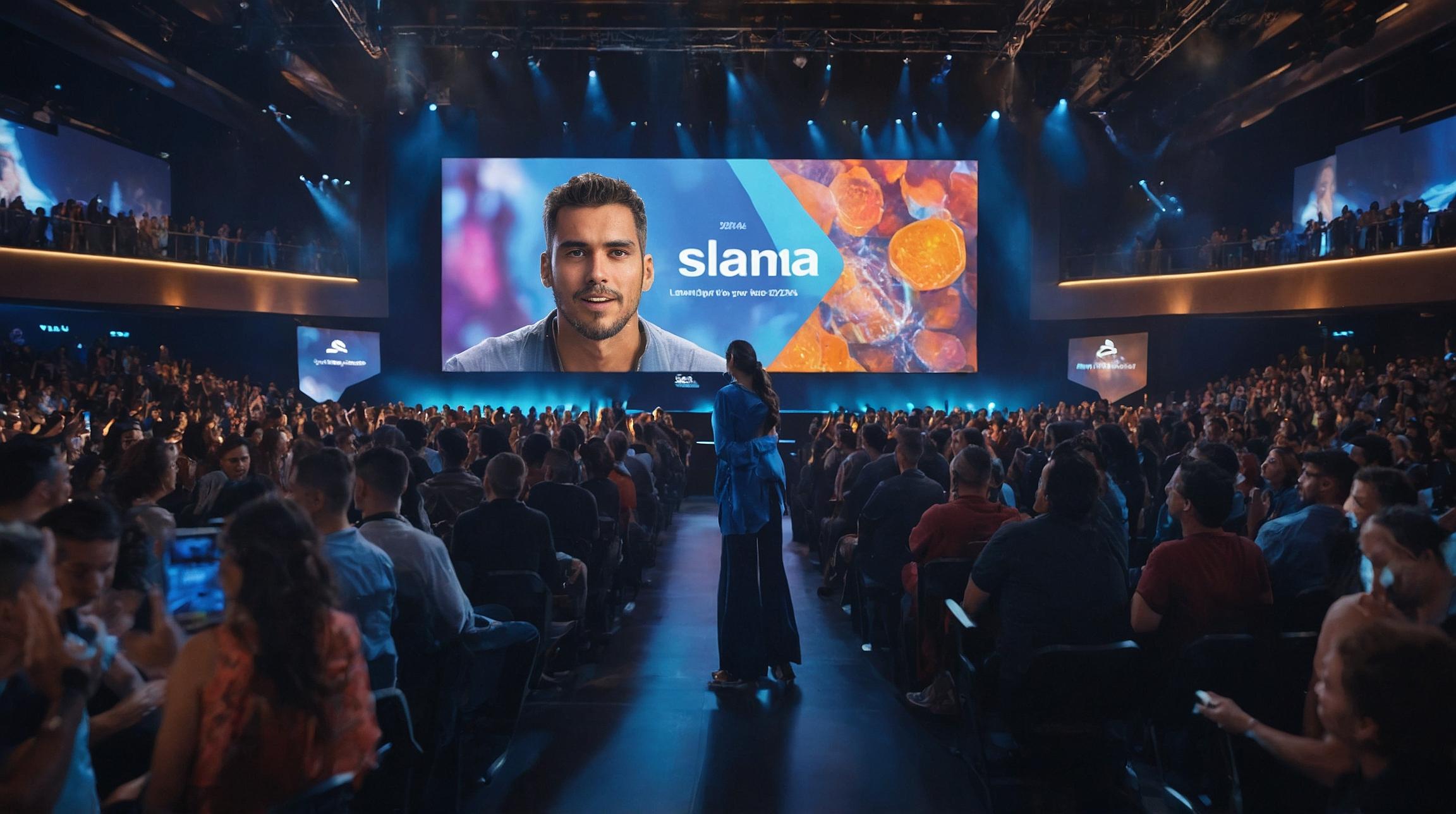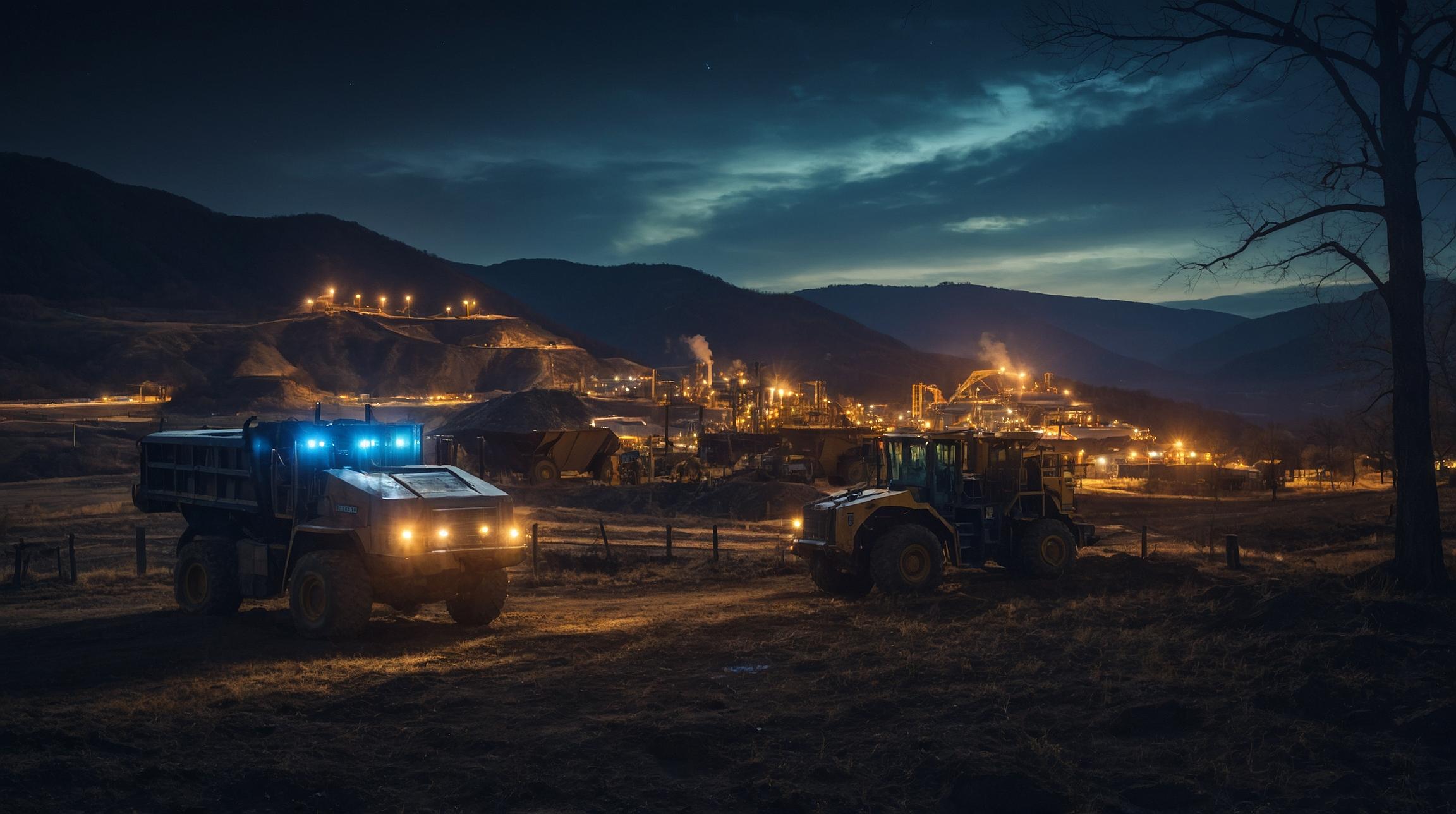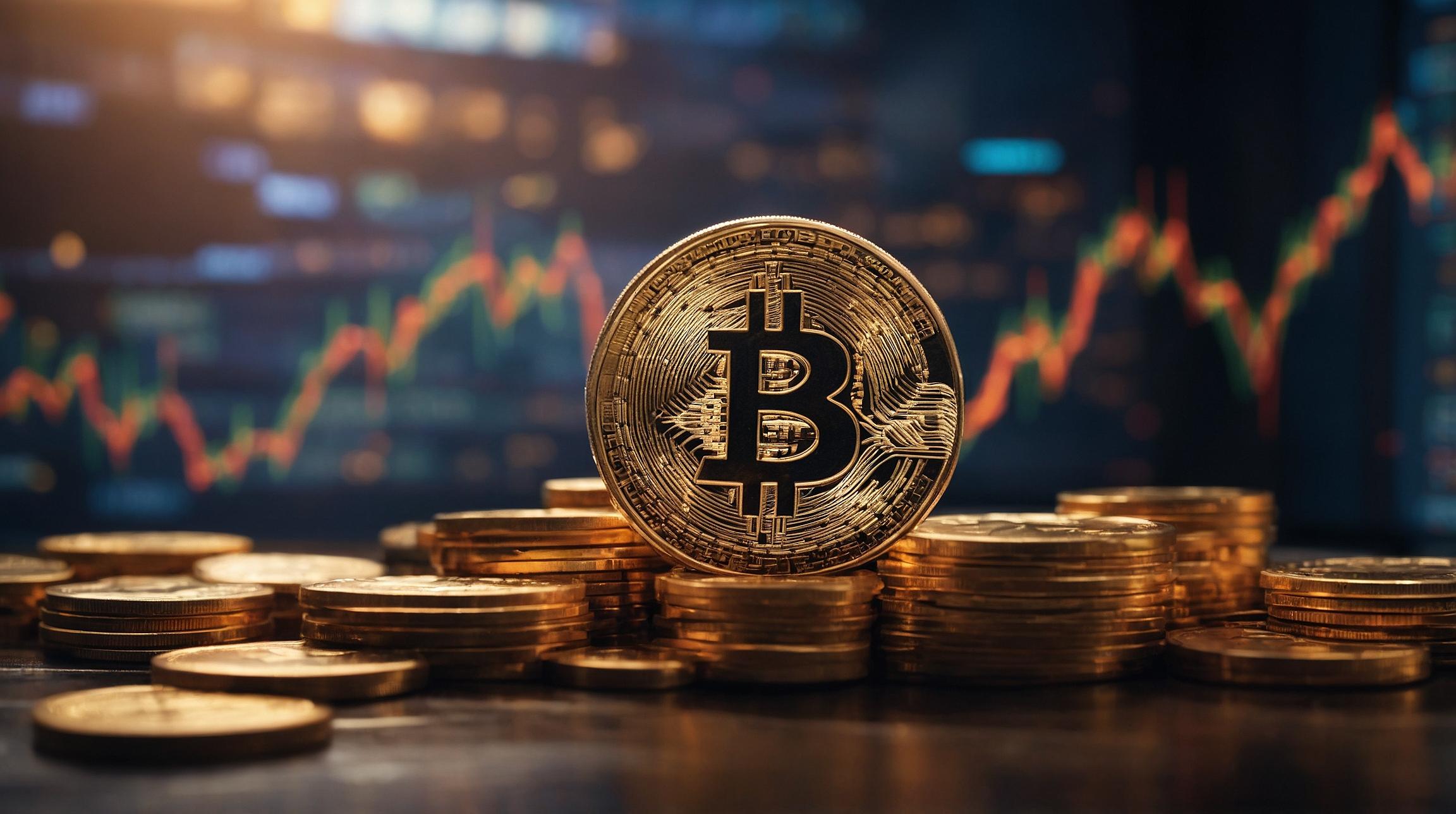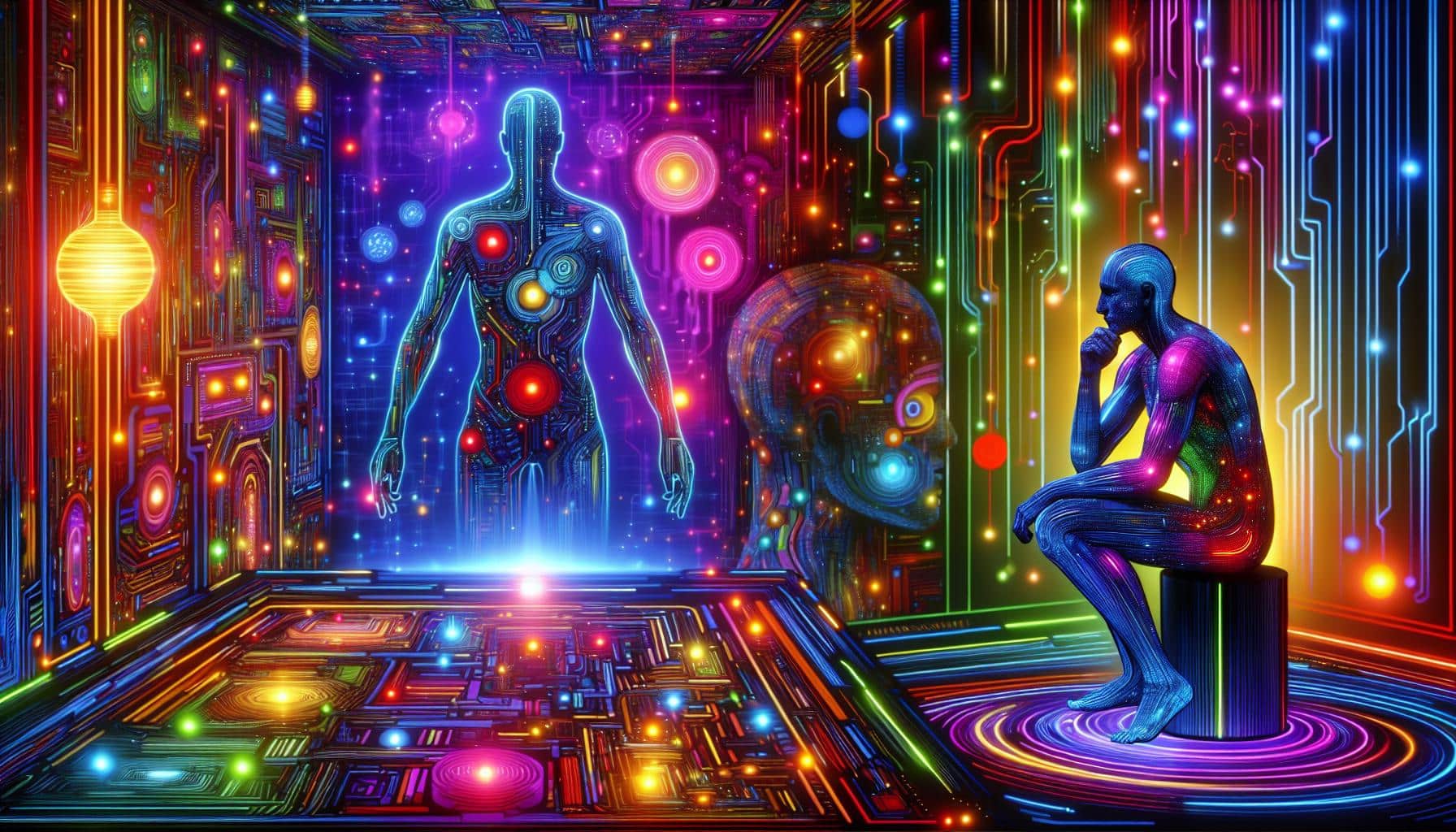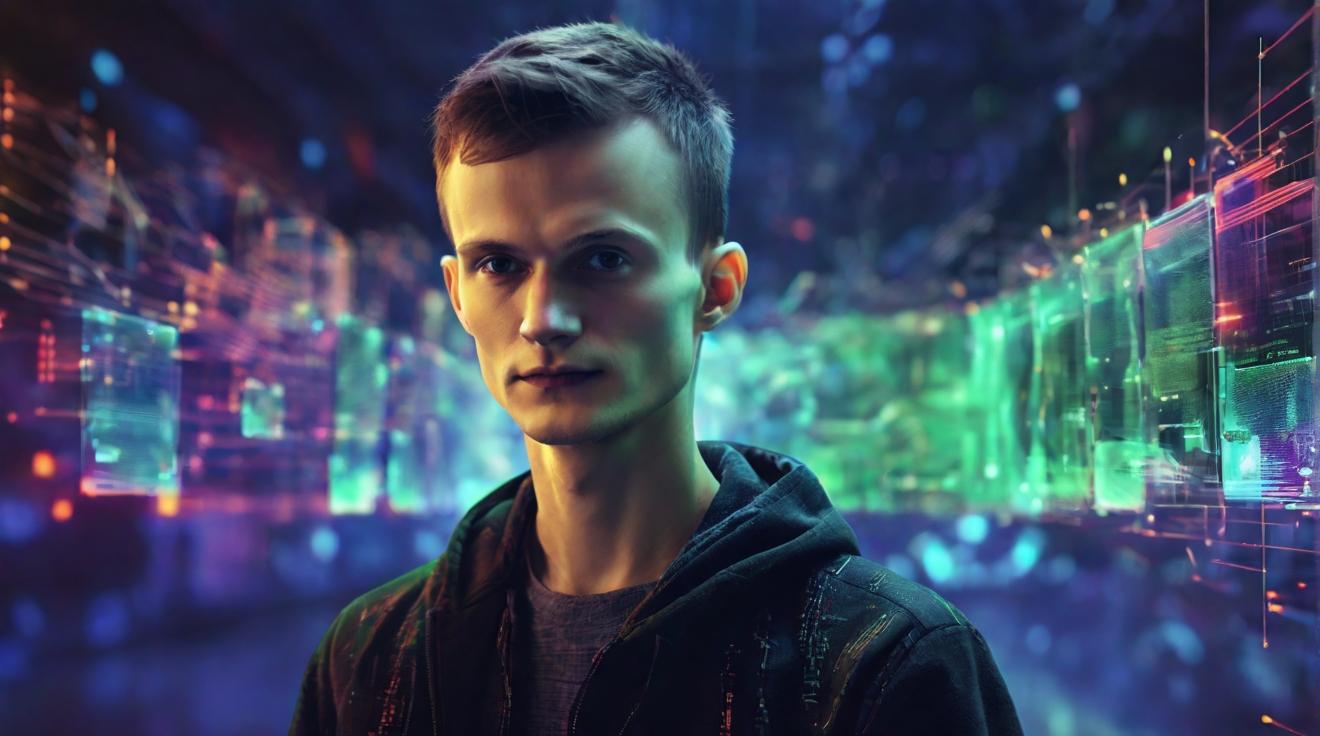Microsoft and Pacific NW Lab Develop AI-Powered Battery Breakthrough
In a groundbreaking collaboration, Microsoft and the Pacific Northwest National Laboratory have joined forces to harness the power of artificial intelligence (AI) and supercomputing in order to revolutionize the battery industry. The project has resulted in the discovery of a new material that has the potential to dramatically reduce the use of lithium in batteries by up to 70%. This significant breakthrough could have far-reaching implications for the future of battery technology.
Discovering a New Material to Revolutionize Battery Industry
The quest to find new and improved materials for battery technology has been ongoing for years. With the increasing demand for energy storage solutions, finding a material that can enhance battery performance while reducing its reliance on expensive and potentially scarce resources like lithium has become a top priority. Through their collaboration, Microsoft and the Pacific Northwest National Laboratory have been able to achieve just that.
Artificial Intelligence and Supercomputing Reduce Lithium Use in Batteries
The key to this breakthrough lies in the utilization of artificial intelligence and supercomputing capabilities. By leveraging these advanced technologies, the researchers were able to analyze a staggering number of inorganic materials to identify potential candidates that could replace a significant portion of lithium in batteries. This approach allowed them to narrow down from an initial pool of 32 million materials to just 18 candidates in a remarkably short amount of time.
Narrowing Down 32 Million Materials to 18 Candidates in Just a Week
Traditionally, the process of testing and identifying new materials for battery technology can be a painstakingly slow and laborious task. It could take researchers over 20 years to narrow down such a large pool of materials to a handful of viable candidates. However, with the help of AI and supercomputing, Microsoft and Pacific Northwest National Laboratory have managed to achieve this feat in just a week, significantly accelerating the pace of battery innovation.
Accelerating Battery Innovation: From 20 Years to One Week
The discovery of a new material that can reduce lithium use in batteries by up to 70% in such a short amount of time marks a major achievement for the battery industry. This breakthrough not only promises to make batteries more efficient and cost-effective but also alleviates concerns surrounding the availability and sustainability of lithium resources. The accelerated timeline enabled by AI and supercomputing brings us one step closer to a future where energy storage solutions are more accessible, reliable, and environmentally friendly.
In conclusion, the collaboration between Microsoft and the Pacific Northwest National Laboratory, fueled by the power of artificial intelligence and supercomputing, has resulted in a game-changing battery breakthrough. The discovery of a new material that can potentially reduce lithium use in batteries by up to 70% is a significant step forward in the quest for more efficient and sustainable energy storage solutions. By condensing what would have taken over 20 years into just a week, this achievement highlights the potential of AI and supercomputing to accelerate innovation and reshape industries.
Analyst comment
Positive news. The market for battery technology is expected to experience significant growth as this breakthrough material reduces reliance on expensive and potentially scarce resources like lithium. The accelerated pace of battery innovation brought about by AI and supercomputing could lead to more efficient, cost-effective, and environmentally friendly energy storage solutions. Expect increased investment and collaboration in the battery industry.






